AI News
OpenAI Makes Big Move: Now Using Google’s AI Chips Instead of Nvidia
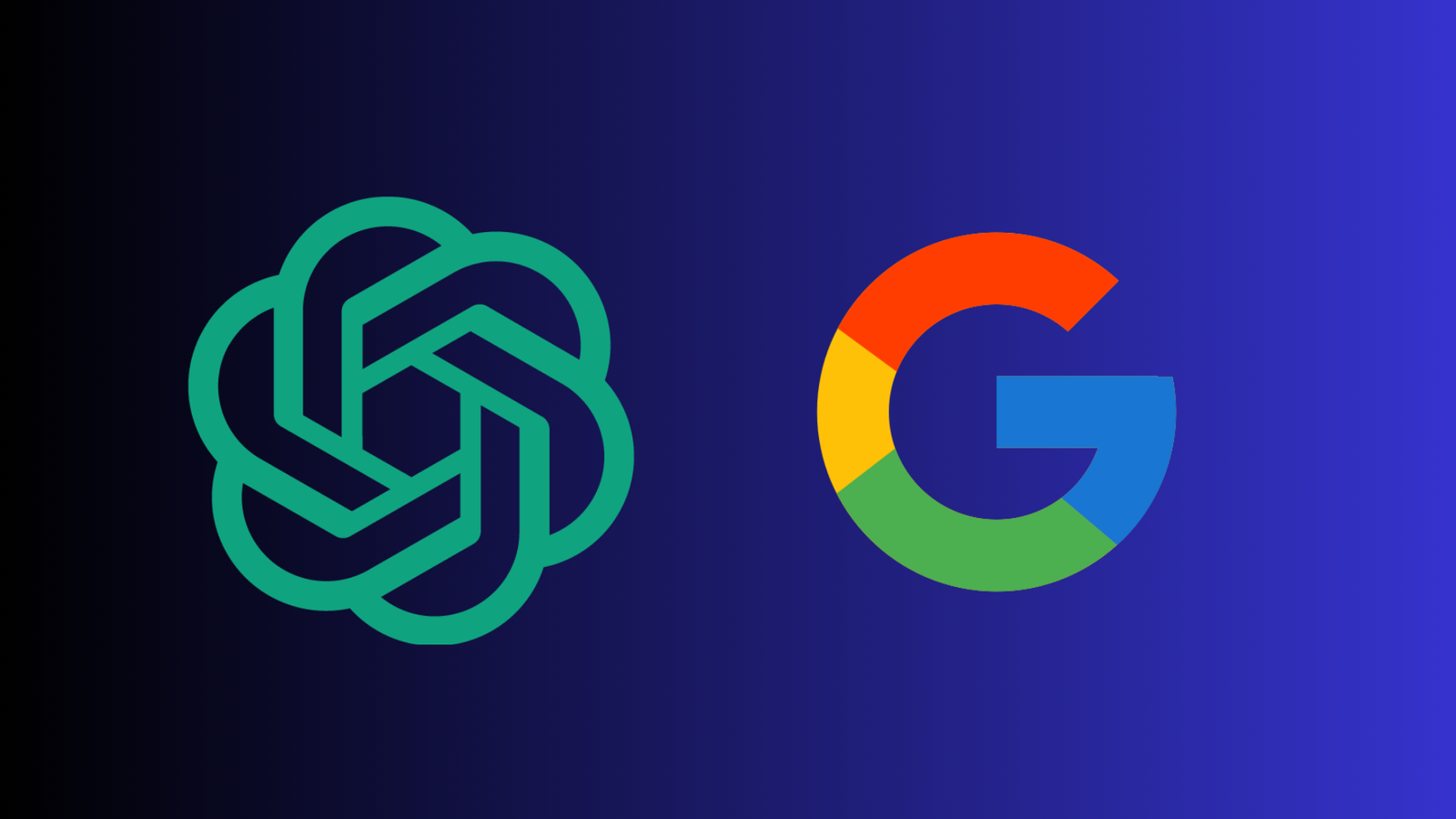
OpenAI, the company behind ChatGPT, just made a huge change. The company now using Google’s special computer chips to run their AI systems. This is a big deal because they used to only use Nvidia chips and Microsoft’s computers.
What’s This All About?
Think of AI chips like the brain of a computer. Just like your phone needs a processor to work, AI systems need special chips to think and answer questions. For years, OpenAI has been like a loyal customer to Nvidia – they only bought chips from them.
But now, things are different. OpenAI decided to try Google’s chips too. It’s like if you always bought your groceries from one store, then suddenly started shopping at a different store as well.
Why Did OpenAI Make This Change?
There are several good reasons why OpenAI might want to use Google’s chips:
Cost Savings: Google’s chips might be cheaper to use. Running AI systems costs a lot of money – we’re talking millions of dollars every month. If Google offers a better deal, OpenAI can save money.
Better Performance: Maybe Google’s chips work faster or better for certain tasks. It’s like choosing between different cars – some are better for city driving, others for highways.
Backup Plan: Having only one supplier can be risky. What if Nvidia can’t deliver chips on time? Now OpenAI has options.
More Negotiating Power: When you have multiple suppliers, you can ask for better prices and terms. It’s basic business strategy.
What Are These Google Chips Anyway?
Google makes special chips called TPUs (Tensor Processing Units). These chips are designed specifically for AI work. Google has been using them in their own products like Google Search and Google Translate for years.
The cool thing about Google’s chips is that they’re made just for AI tasks. Regular computer chips have to do many different jobs, but TPUs focus only on AI work. This makes them really good at what they do.
How This Affects Regular People
You might wonder, “Why should I care about which chips OpenAI uses?” Well, it actually matters more than you think:
Faster ChatGPT: If Google’s chips work better, ChatGPT might become faster and give better answers.
Lower Costs: If OpenAI saves money on chips, they might not need to raise prices for users.
Better Features: With more computing power, OpenAI might add new cool features to their products.
More Reliable Service: Having backup chip suppliers means less chance of service interruptions.
The Big Picture: AI Chip Wars
This move by OpenAI is part of a bigger story. There’s a real battle happening in the AI chip world:
Nvidia’s Dominance: For years, Nvidia has been the king of AI chips. Almost everyone used their products.
New Competition: Now, companies like Google, Amazon, and others are making their own chips.
Supply Chain Issues: Sometimes it’s hard to get enough chips. Having multiple suppliers helps solve this problem.
Innovation Race: Competition makes everyone work harder to create better products.
What This Means for Microsoft
This change is interesting because Microsoft has been OpenAI’s main partner. Microsoft invested billions of dollars in OpenAI and provides the computer servers where OpenAI runs their systems.
Now, OpenAI is also working with Google – Microsoft’s biggest competitor. It’s like if your best friend started hanging out with someone you don’t get along with. It creates some awkward situations.
But business is business. OpenAI needs to do what’s best for their company, even if it means working with their partner’s competitor.
Impact on Stock Markets
When news like this comes out, it affects stock prices:
Nvidia Stock: Investors might worry that Nvidia is losing customers, so their stock price could go down.
Google Stock: This partnership might make Google’s stock more valuable.
Microsoft Stock: Some investors might be concerned about Microsoft’s relationship with OpenAI.
What Other AI Companies Are Doing
OpenAI isn’t the only company making these kinds of moves:
Meta (Facebook): They’re building their own AI chips too.
Amazon: They have their own chips called Trainium and Inferentia.
Apple: They make their own chips for iPhones and Macs, and they’re working on AI chips too.
Everyone wants to have control over their AI hardware instead of depending on others.
The Technical Side Made Simple
Let’s break down what happens when you ask ChatGPT a question:
- You type your question
- It goes to OpenAI’s computers
- Special AI chips process your question
- The chips figure out the best answer
- You get your response
Now, instead of just using Nvidia chips for step 3, OpenAI can also use Google chips. The process stays the same, but the “brain” doing the thinking might be different.
Challenges OpenAI Might Face
Using chips from different companies isn’t always easy:
Software Compatibility: Different chips might need different software to work properly.
Training Teams: OpenAI’s engineers need to learn how to use Google’s chips effectively.
Managing Complexity: Using multiple types of chips makes everything more complicated.
Quality Control: They need to make sure both chip types give the same quality results.

Future Predictions
Based on this move, here’s what might happen next:
More Partnerships: OpenAI might start working with even more chip makers.
Better AI Products: Competition between chip makers could lead to better AI tools for everyone.
Lower Prices: As chip costs go down, AI services might become cheaper.
New Innovations: Different chips might enable new types of AI features we haven’t seen before.
What This Means for AI Development
This chip partnership could speed up AI development in several ways:
More Experiments: With access to different chips, researchers can try new approaches.
Faster Training: New chips might train AI models more quickly.
Better Models: Different hardware might enable more advanced AI capabilities.
Cost Efficiency: Cheaper computing means more companies can afford to develop AI.
Conclusion: A Smart Business Move
OpenAI’s decision to use Google’s AI chips shows they’re thinking strategically about their future. Instead of putting all their eggs in one basket, they’re spreading their risk and potentially improving their performance.
For regular users like you and me, this probably means better AI services at reasonable prices. Competition is good for customers, and this move creates more competition in the AI chip market.
The AI world is changing fast, and moves like this show that even the biggest companies need to stay flexible and adapt. OpenAI’s partnership with Google for AI chips might be just the beginning of more surprising partnerships in the AI industry.
This story reminds us that behind every AI conversation we have, there’s complex technology and business decisions happening. The next time you chat with an AI, remember that your question might be processed by Google’s chips, even though you’re using OpenAI’s service.
AI News
YouTube rolls out new AI-powered tools for Shorts creators

YouTube has officially announced the new AI-driven creation tools for generating the unique and best Shorts, according to a recent blog post by the platform.
The new features include a Photo to video converter, generative effects, and access to an AI playground for experimenting with creative outputs.
Photo to video tool
The Photo to video tool allows users to transform still images from their camera roll into animated Shorts. Users can select a photo and apply creative suggestions that add motion, such as animating landscapes, objects or group pictures.
This feature is being rolled out across the United States, Canada, Australia and New Zealand, with more regions expected to follow later in the year. For your information, it is available for free.
Both the Photo to video and generative effects are powered by Google’s Veo 2 technology. YouTube said Veo 3 would be integrated into Shorts later this summer.
The feature is currently available in the US, Canada, Australia and New Zealand and can be accessed by tapping the create button, followed by the sparkle icon.
YouTube noted that AI-generated content will include SynthID watermarks and clear labels to indicate that it was created using artificial intelligence.
According to the blog post, the new tools are designed to make the creative process more accessible, while preserving transparency about AI use in content creation.
AI News
Google Expands Firebase Studio with AI Tools for Popular Frameworks
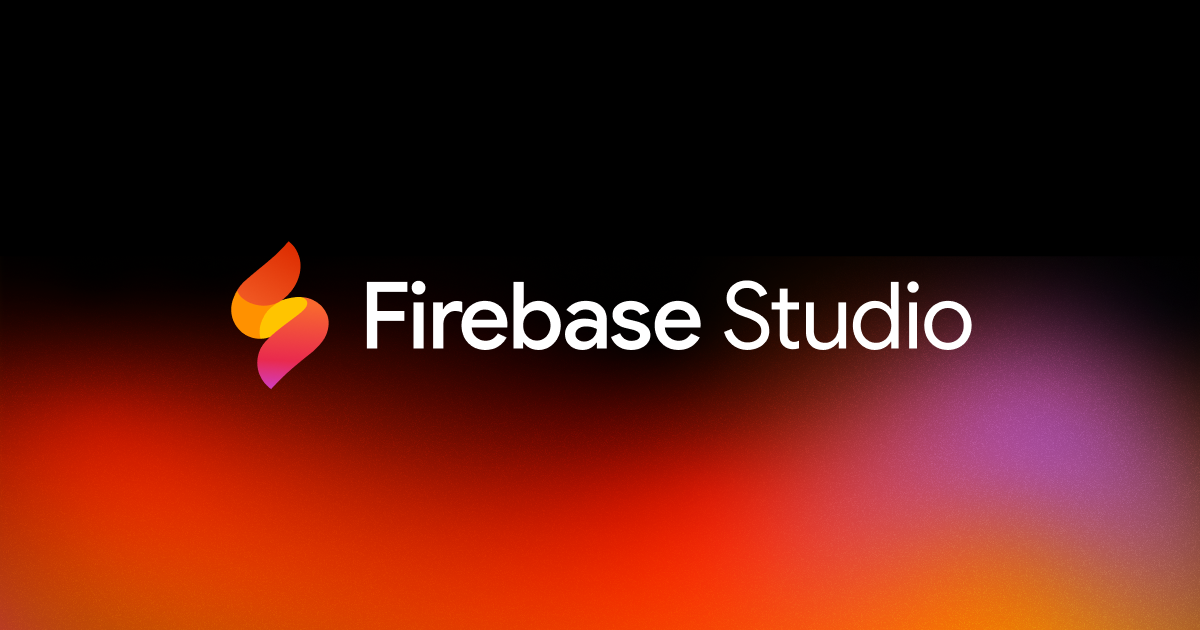
Google has officially released a series of updates to Firebase Studio aimed at expanding its AI development capabilities and deepening integration with popular frameworks and Firebase services.
For your information, the released features were unveiled at I/O Connect India.
At the core of the update are AI-optimised templates for Flutter, Angular, React, Next.js, and general Web projects. These templates enable developers to build applications in Firebase Studio using Gemini, Google’s AI assistant, with the workspace defaulting to an autonomous Agent mode.
“We’re unveiling new updates that help you combine the power of Gemini with these new features to go from idea to app using some of your favourite frameworks and languages,” said Vikas Anand, director of product management at Google.
Firebase Studio now supports direct prompting of Gemini to integrate backend services. Developers using App Prototyping Agent or an AI-optimised template can simply describe the desired functionality, and Gemini will recommend and incorporate relevant Firebase services, including adding libraries, modifying code, and assisting with configuration.
“You can get assistance from Gemini to help you plan and execute tasks independently without waiting for step-by-step approval,” said Jeanine Banks, vice president and general manager, Developer X at Google.
AI News
Nvidia, AMD to Resume AI Chip Sales to China in US Reversal

Nvidia reportedly plans to resume sales to China that’s become part of a global race pitting the world’s biggest economies against each other. The company’s announcement on Monday comes after Nvidia CEO Jensen Huang met with President Donald Trump at the White House last week.
AMD AI Chip Plan For China
AMD also planning to restart sales of its AI chips to China. “We were recently informed by the Department of Commerce that license applications to export MI308 products to China will be moving forward for review,” the company said in a statement to CNN. “We plan to resume shipments as licenses are approved. We applaud the progress made by the Trump Administration in advancing trade negotiations and its commitment to US AI leadership.”
Treasury Secretary Scott Bessent told Bloomberg in an interview Tuesday that the Nvidia export controls have been a “negotiating chip” in the larger US-China trade talks, in which the two countries have made a deal to lower tariffs charged on one another.

The same day Commerce Secretary Howard Lutnick said that the resumption of Nvidia’s AI chip sales to China was part of the trade agreement with Beijing on rare earths. “We put that in the trade deal with the magnets,” he told Reuters, referring to rare earth magnets.
“In order for America to be the world leader, just like we want the world to be built on the American dollar, using the American dollar as a global standard, we want the American tech stack to be the global standard,” Huang told CNN’s Fareed Zakaria in an interview that aired Sunday. “We love that the internet is created by American technology and is built on American technology, and so we should continue to aspire to that.”

 AI News7 months ago
AI News7 months agoGoogle Expands Firebase Studio with AI Tools for Popular Frameworks

 AI News7 months ago
AI News7 months agoTurn Photos into Videos Using Google Gemini AI

 AI News7 months ago
AI News7 months agoApple New AI Model Can Detect Pregnancy With 92 percent

 AI News7 months ago
AI News7 months agoYouTube rolls out new AI-powered tools for Shorts creators

 AI News7 months ago
AI News7 months agoOpenAI has now restored the services after outage

 AI Tutorial8 months ago
AI Tutorial8 months agoHow to Turn Off Microsoft AI Features

 AI News7 months ago
AI News7 months agoGoogle hires Windsurf execs in $2.4 billion deal

 AI Tools7 months ago
AI Tools7 months agoIs This Simple Note-Taking App the Future of AI?



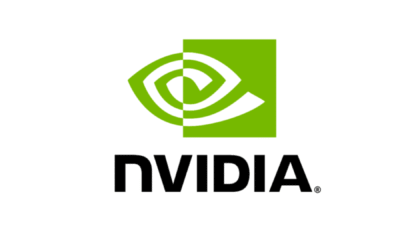

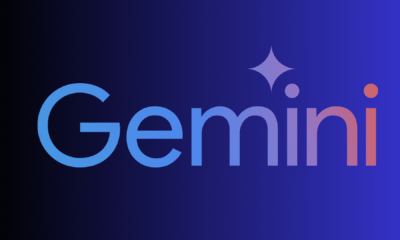

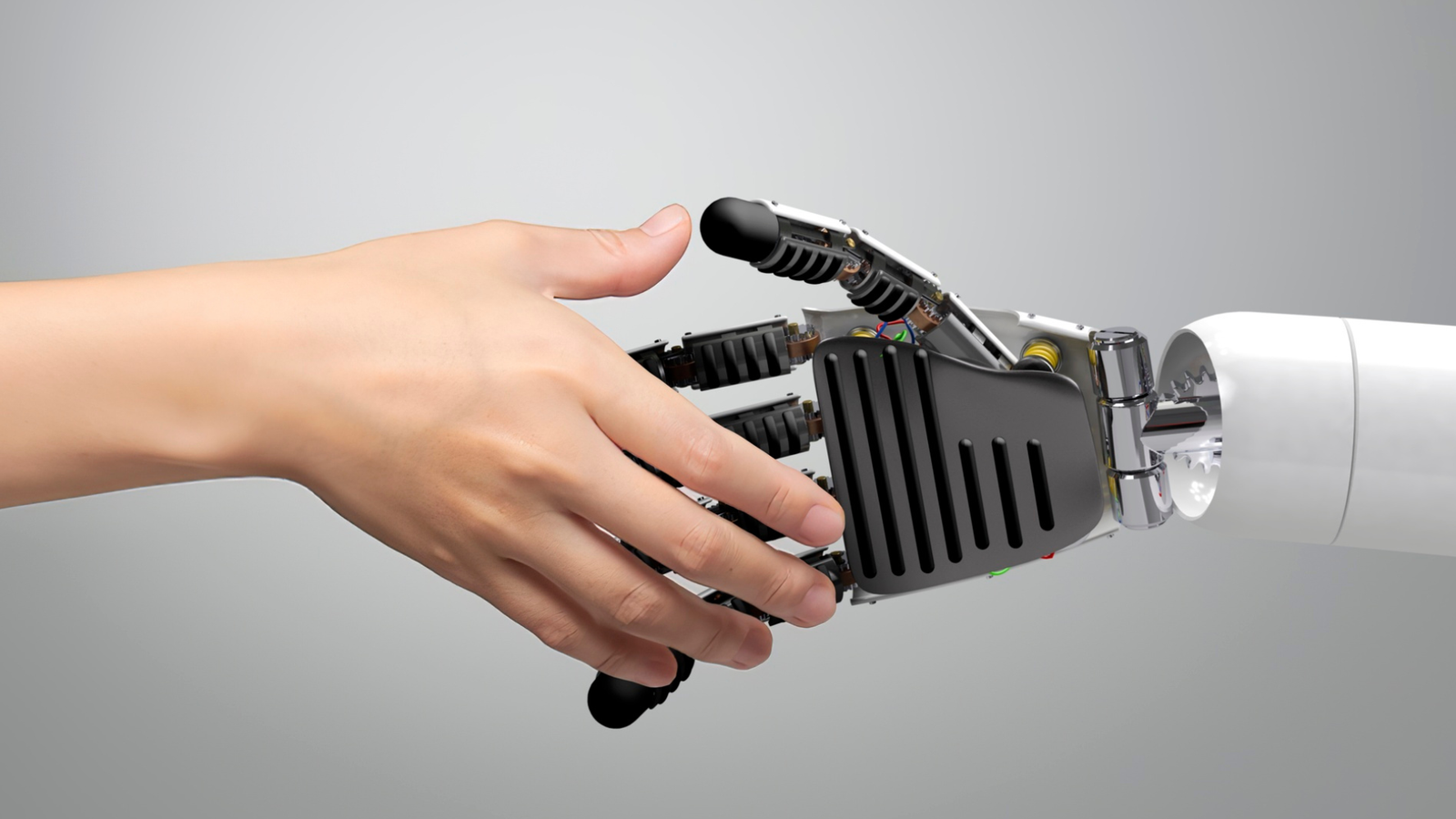
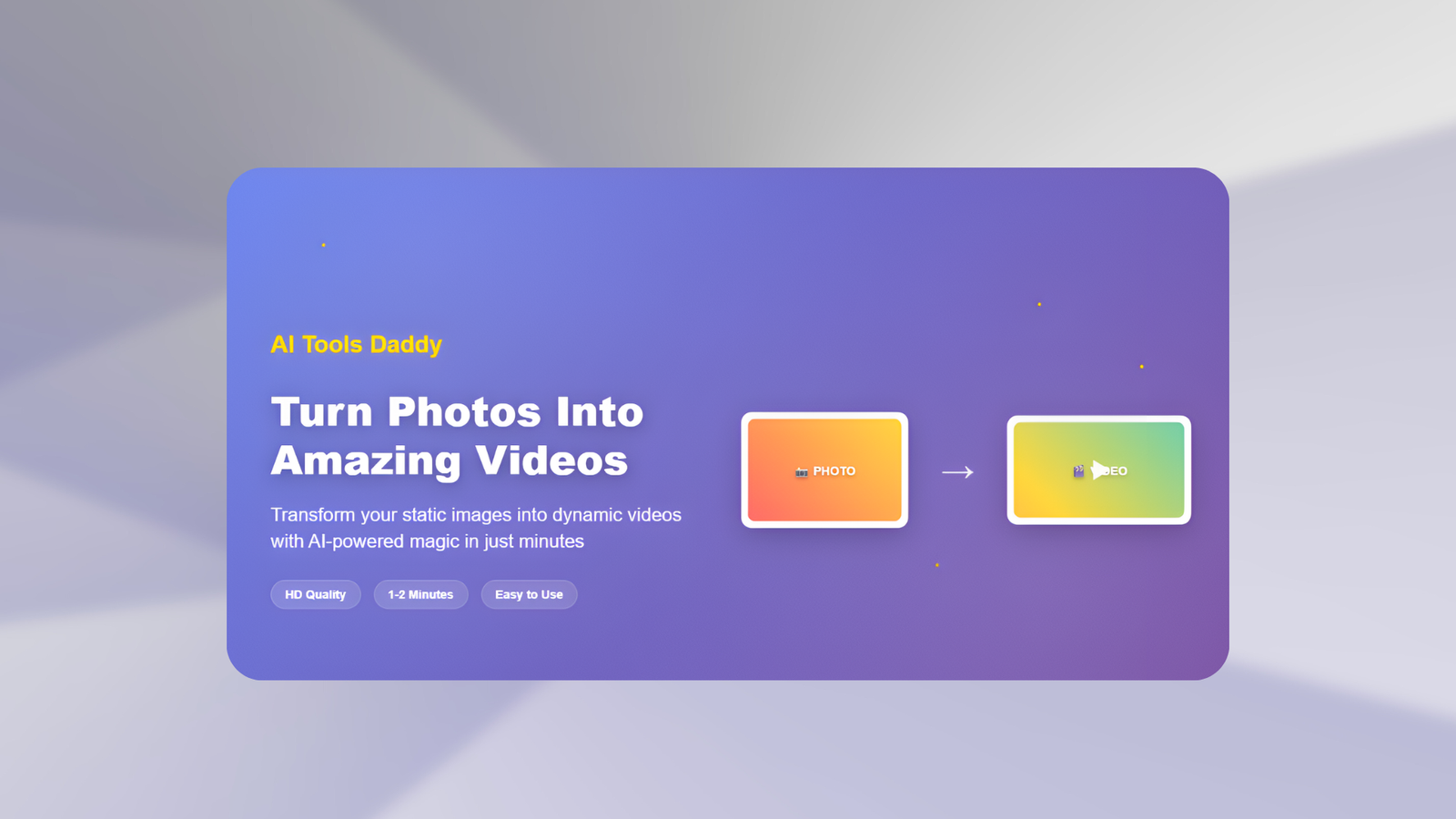


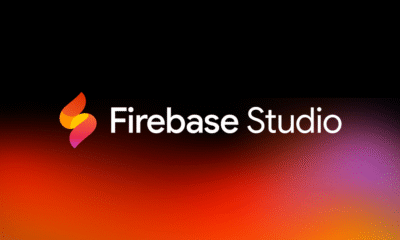



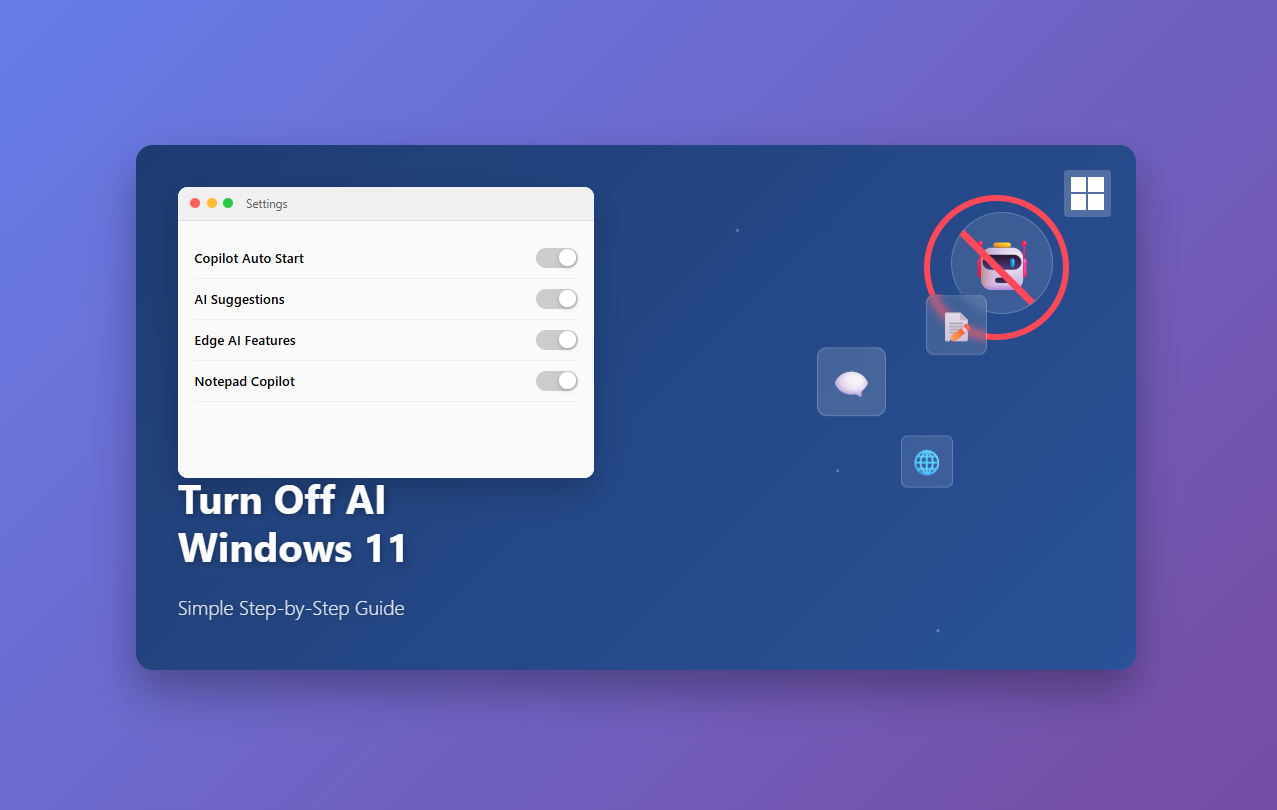
Pingback: GPT-5 is Coming Soon – And It's Going to Change Everything - AI Tools Daddy
Pingback: OpenAI To Launch New Web Browser: A Game-Changer Coming Soon - AI Tools Daddy